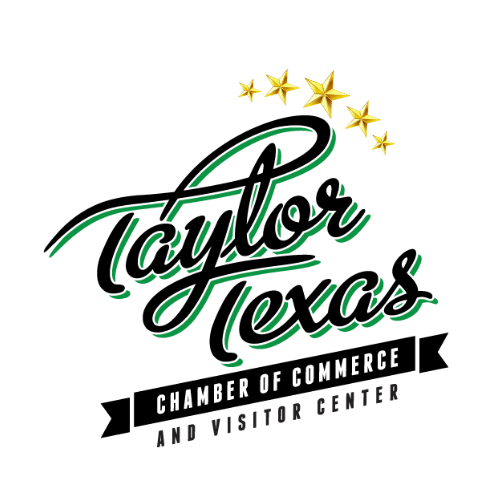The Resilient Founder: Turning Business Risk Into Strategic Advantage
The Resilient Founder: Turning Business Risk Into Strategic Advantage
Building a company means balancing innovation with exposure. Smart founders don’t try to eliminate risk — they design around it. The goal isn’t safety; it’s durable adaptability.
This guide breaks down modern risk management for founders — including frameworks, tools, checklists, and practical strategies to protect your business while accelerating growth.
Understanding the Nature of Entrepreneurial Risk
Risk is inevitable — but it’s also classifiable. Knowing what type of risk you’re facing helps you decide what to monitor, insure, or automate.
Each type can be managed — but only when made visible.
Protecting the Business Structure
Many founders blur the line between ownership and representation. Your corporate framework determines where liability stops. A recurring question: Is the registered agent the owner?
Understanding distinctions like this prevents compliance penalties and personal exposure. Treat entity formation as an ongoing risk architecture, not a one-time formality.
Early-Stage Structure Checklist
Register as an LLC or corporation
Appoint a registered agent (not necessarily an owner)
Draft and sign operating agreements
Document equity and vesting schedules
Purchase early D&O and general liability coverage
Building a Risk-Aware Culture
A founder’s best defense is a team that spots and reports risks early. Create an environment where vigilance is rewarded, not punished.
Culture Quick Wins
Launch an anonymous reporting form (e.g., via Typeform) for internal risk signals.
Run a quarterly “pre-mortem” — ask, “If we failed next quarter, why?”
Add risk reviews to sprint retrospectives.
Provide managers with scenario mapping training.
Organizations that institutionalize psychological safety report 40% fewer compliance incidents.
Quantifying Risk — Turning Uncertainty Into Data
Once identified, risks must be scored. Assigning probability and impact converts gut instinct into evidence-based decisions.
The Priority Score = Probability × Impact. Focus on the highest values first.
You can automate risk dashboards using Airtable — ideal for tracking likelihoods, mitigation owners, and next review dates.
Operational Risk Playbook
A founder’s formula for every risk: Problem → Solution → Result
Problem: Supplier delays threatened product launches.
Solution: Introduced multi-supplier redundancy and automated logistics alerts via Asana.
Result: Reduced fulfillment downtime by 82%.
Replicate this pattern across finance, hiring, and customer support. Turn firefighting into a repeatable process library.
Legal and Contractual Shields
Strong contracts and insurance policies act as “risk firewalls.”
Founder’s Legal Risk Checklist

Use written contracts for every vendor and partner

Add indemnity and limitation clauses where possible

Carry cyber and liability insurance

Review terms annually

Centralize documents using DocuSign for verifiable signatures
Legal documentation isn’t red tape — it’s strategic armor.
Digital and AI-Driven Risk Monitoring
AI can now detect anomalies faster than human teams. Deploy monitoring systems to identify breaches, outages, or compliance drift.
Security platforms like Vanta automate SOC-2 compliance and flag issues before they escalate. For operations, integrate these alerts into your project dashboard.
This automation frees founders to focus on growth — without losing situational awareness.
Risk Management FAQ
Q1: What’s the most common founder mistake?
Failing to document key decisions. Unrecorded commitments create invisible liabilities.
Q2: How often should I reassess risk?
Quarterly — and after every major structural or personnel change.
Q3: Do small startups really need insurance?
Yes. Even minimal cyber or general liability coverage can prevent catastrophic loss.
Q4: How do I balance innovation with caution?
Run “small bets” — low-stakes experiments that validate new directions without existential risk.
Q5: How do I prepare for investor due diligence?
Use cloud-based data rooms like Notion or Drive to maintain indexed contracts and compliance logs.
Embedding Risk Management Into Growth
Risk management works best when it’s operationalized, not siloed.
Add risk metrics to quarterly OKRs.
Reward proactive detection and transparent reporting.
Avoid over-reliance on any single client, supplier, or channel.
Automating reminders through Trello ensures risk reviews stay part of every workflow — not a forgotten side process.
Risk is a teacher, not an adversary. The smartest founders aren’t risk-averse — they’re risk-fluent. By combining structure, automation, and culture, they convert uncertainty into advantage.
Well-managed risk compounds into resilience.
Founder’s Rapid-Action Checklist

Review your corporate structure

Quantify top five business risks

Build a transparent, blame-free risk culture

Automate monitoring via compliance or ops tools

Reassess insurance and legal coverage annually
Discover the community of Taylor by joining the Greater Taylor Chamber of Commerce and Visitor Center, where small-town values meet big-time opportunities to help your business thrive!
